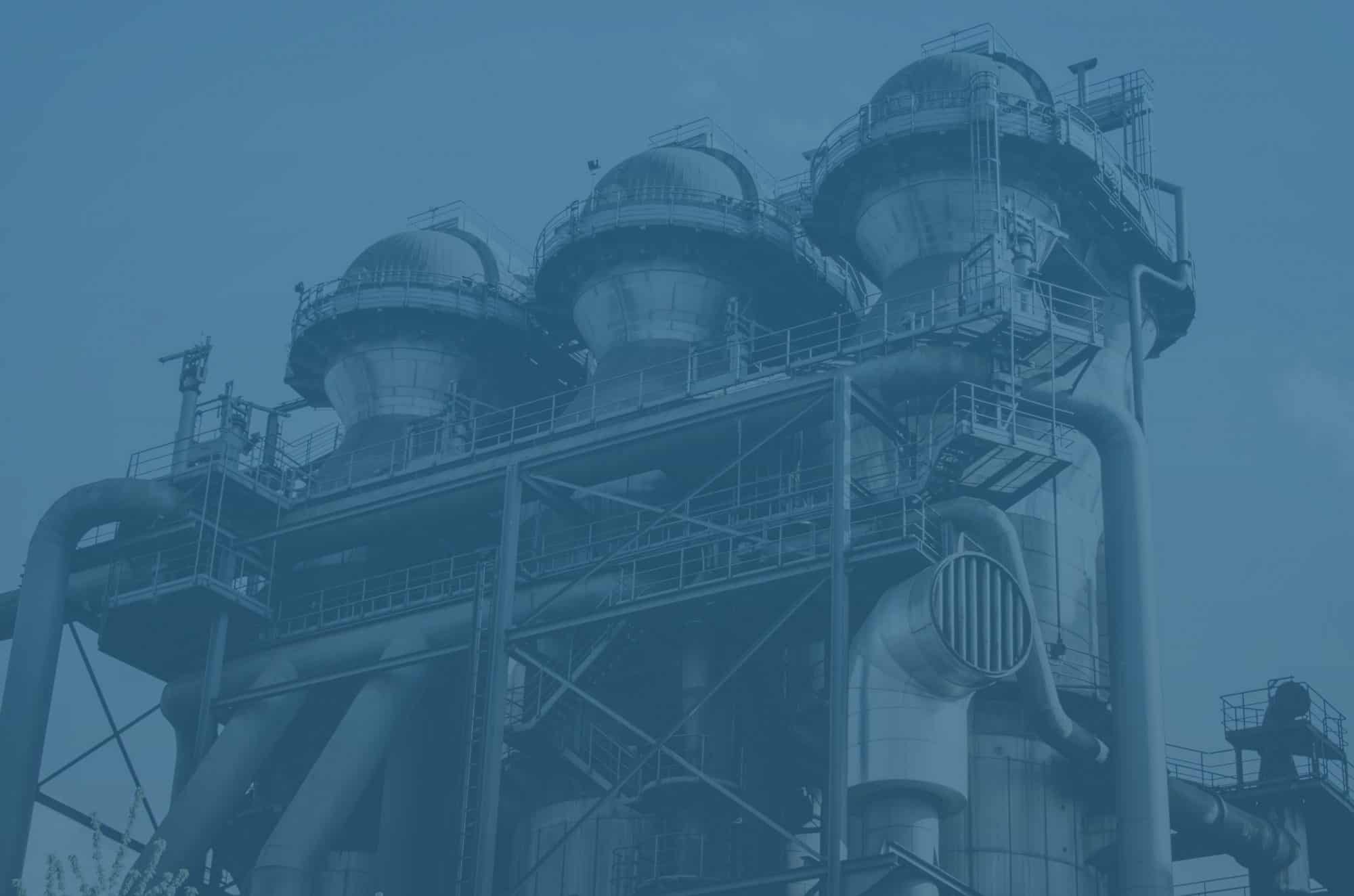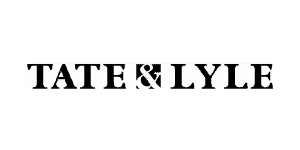Many people have had their troubles with industrial noise. Unfortunately, not everyone is aware that there are solutions that can help. We are working to change all this by supplying the finest in-line silencers in the UK. These are not the only models we excel in though; there are plenty more on offer here to tackle all kinds of issues.
Using concrete for building
At some point, you will likely have been in a structure built with concrete walls. This is because it stands as one of the most common building materials in the world. As a result, it is a popular choice for businesses and houses. If you don’t know what your walls are made of, a quick knock could tell you. A concrete wall isn’t going to echo when you tap it. For plaster walls, it is the opposite. What we want to discuss here is how soundproof concrete actually is.
Concrete is a widely-used building material for good reason. It is robust and you can use it for long periods without having to worry about deterioration. In addition, it is so versatile that you can use it in all sorts of environments. Most users select it due to the fact that they don’t need to pay obscene amounts for it. Unfortunately, soundproofing isn’t one of concrete’s better attributes. It could lead to issues with noise.
Thickness does not equal soundproof buildings
Concrete cannot offer the amount of noise reduction homeowners and business owners really need. Many individuals falsely believe that due to the thickness, it is automatically an effective soundproofing barrier. This is not true though. It isn’t a material’s width that leads to its soundproof characteristics. It is actually the construction.
Sadly it is the durability and hardness of concrete that stops it from having a good acoustical performance. If you have a concrete floor, you will find that each step creates an audible noise. It happens because impact noises are a side effect of the material’s rigidity.
Industrial noise
If you have an industrial facility made of concrete, chances are it is making a lot of noise. To reduce the sound effectively, you will need to make changes. You can use insulating materials on walls, floors and ceilings that will absorb noise rather than bouncing it back.
One other thing you may want to do is tackle the noise at its source or where it enters the building. The best way to do this is to add silencers to noisy equipment and systems. For example you may want to use them on machinery, generators, ducts, vents, and fans.
Talk to us if you need in-line silencers
At Ventx, we can provide you with all the silencers you require. Our team ensures each client has the right product by analysing their systems. We can then use the information to create a viable solution. This strategy helps us to achieve the best sound reductions.
So, please get in touch if you require our in-line silencers to tackle noise in your facility. It could be anything from a factory to a warehouse; if there is a problem with sound levels, we can help.









